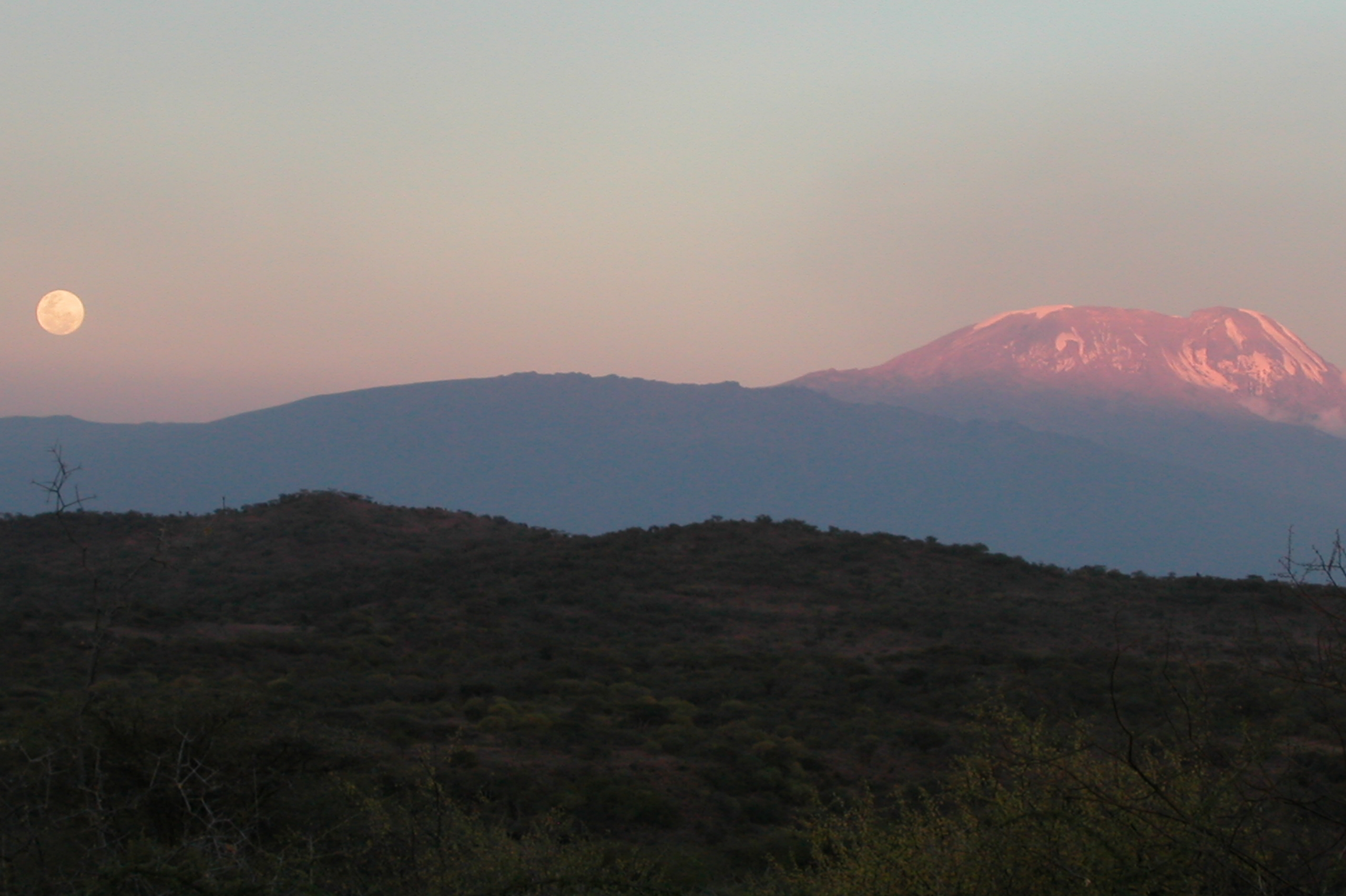
The first of its kind, a cross-border collaborative effort to protect the Greater Kilimanjaro-Amboseli ecosystem, wildlife and people.
Where we work and why
The Greater Kilimanjaro/Amboseli ecosystem is one of the richest on earth in terms of biodiversity: it spans an area of 15,500 km2, including 16 protected areas, and is home to more than one million livestock and wild mammals of 28 different species.
This spectacular wildlife cannot survive confined in protected area borders and has always coexisted in the same territory as more than 100,000 pastoralists and their livestock. The survival of these people, the wildlife and livestock is fully dependent on the health and productivity of the rangelands, which have been reduced by 30% in recent years.
Protecting this precious ecosystem is essential in order to ensure the wellbeing of all who live on it. We are striving to tackle this challenge in the next 3 years (2017-2020), by working on several fronts.
Greater Kilimanjaro initiatives to enhance community participation in sustainable conservation of the transfrontier ecosystem and wildlife
Two of the most biodiverse nations, Kenya and Tanzania, are working to secure wildlife protection and ecosystem connectivity in the Kilimanjaro-Amboseli ecosystem. This project will promote positive dialogue between communities, local institutions, conservation organizations and government, which is essential for the conservation of this critical landscape and for its communities to thrive.
Wildlife corridors across borders and between protected areas are safe
Land and Conservation Management Plans for rangelands and migration areas, together with strong leadership and law enforcement, will reduce illegal killing of wildlife and conflict and better manage the rangeland to benefit all.
We are supporting the implementation of the national laws on wildlife protection and on protected species trade in the cross-border Kilimanjaro-Amboseli ecosystem.
We will train and equip more than 80 rangers and village game scouts for on the ground wildlife protection and at least 60 people will be trained and equipped to prevent wildlife invading crops, reducing conflict.
Economic empowerment through conservation
Economic benefits from wildlife and livestock-based enterprises such as community led eco-tourism will reduce poverty and increase the communities’ commitment to wildlife protection: 40 community members will be trained as ecotourism leaders and service providers for walking safaris, camping and cycling holidays. Sustainable business and rangeland management will be facilitated by training 300 women in Marketplace Literacy, 300 on milk production and a further 40 on vegetable-tanned leather manufacturing.
Visit the Greater Kilimanjaro ecosystem: https://www.connect-kilimanjaro.info
Educating against wildlife crime
Reducing poaching and promoting effective conservation strategies is a priority: to this end it is necessary to invest in awareness activities – citizen science, interactive theatre, educational videos– starting from young generations (7000 students across the two countries). Our key goals are to encourage dialogue among communities who live in trans frontier conservation areas, while promoting best practices exchange between the authorities of the two countries.